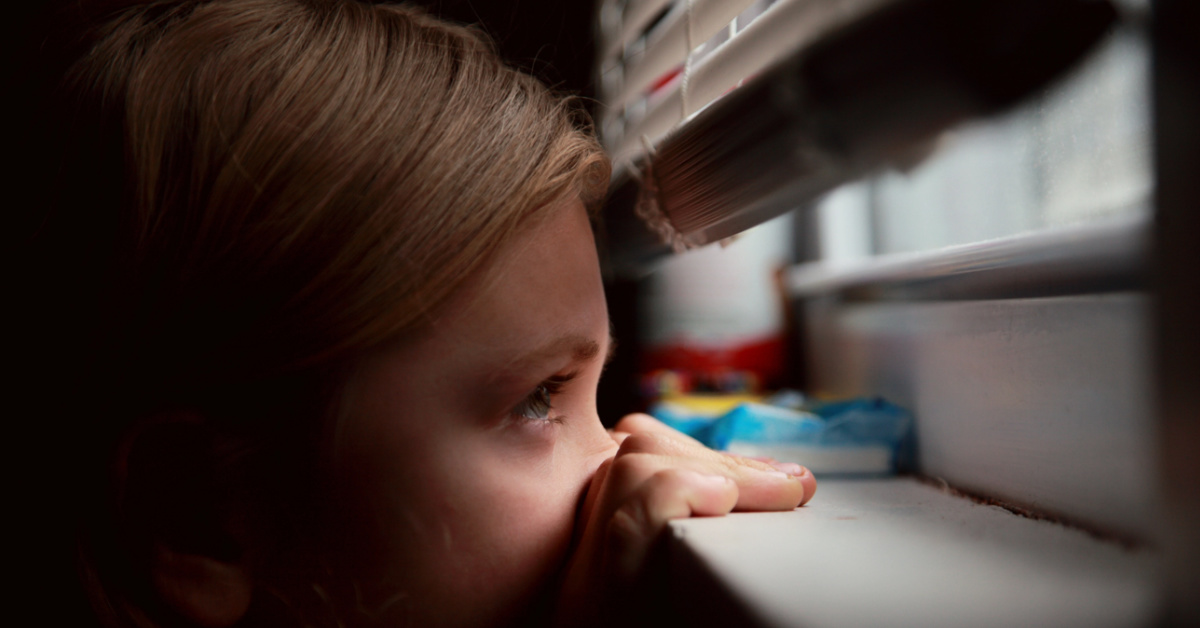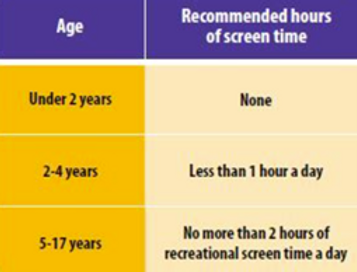COVID Fatigue Positive- Are you a victim of the Hidden Pandemic?- Part 4

Part 4. Children and Teens:
The COVID-19 pandemic has completely changed “normal” life for more than 8 months now, causing silent emotional turmoil for everyone. We know that adults are experiencing disturbances to their emotional well-being, but we are failing to realize that this “COVID fatigue” is causing symptoms of emotional trauma in children and adolescents as well. The most common age range we see such symptoms are in children between 10 and 18 years of age though we see symptoms in children younger than 10 as well as in college-level too.
This effect of the pandemic can have serious mental and physical health effects if it is not treated. Research has shown that children who experience untreated emotional trauma are at increased risk for suicide, intentional self-harm, and substance use as adults. Therefore, it is important to acknowledge the difficulties in coping they are facing face, accept it, modify thoughts and behaviour, and address these life experiences.
The pandemic has left children in the lurch by completely changing their everyday life. Their social life is disrupted with no or little access to their friends and grown-ups other than those who live at home. They are being constantly monitored at home (loss of sense of independence) and these children and adolescents report a sense of helplessness and they feel like their life is out of their control.
There is a significant increase in their screen-time. Many children have taken to video games, that are not always age appropriate, as leisure activity due to the inability to go out. Their physical activity has become severely limited. They are not able to explore their age-appropriate social and emotional needs and development.
Signs of distress to look out for:
- Increased Irritability
- Negative thoughts/talk
- Increased focus on their body and health
- Feeling numb and hopeless
- Loss of interest in Academics and school-related activities
- Change in life goals
- Lower academic performance
- May show signs of emotional and physical regression – bedwetting, nail-biting, socially awkward, tantrums etc.
- Sleep Disturbances- including sleeping during the daytime, going to bed later than usual and sleeplessness
- Complaints of physical symptoms including breathlessness, chest tightness, shivering/shaky feeling, black-outs, unexplained stomach-aches, dizziness, headaches
What can parents and other grown-ups do?
Give the children some control and independence. Give them the space to do their activities without constantly checking on them. But make sure they know and use this independence responsibly. Have a routine but do not plan every minute of the day for them.
Parents need to talk more with the children now, giving them age-appropriate information about the pandemic. They need to know what the virus can and cannot do, how it is transmitted, and what efforts are being made to end the pandemic.
They should look out for their kids describing feelings of numbness, hopelessness, or their negative thoughts. Address these concerns of the child. Do not trivialize or brush it off.
Make sure the child has a fixed everyday routine and a healthy sleep schedule. Include a fixed physical activity schedule in their everyday routine. The child has to be involved when planning this routine for making sure they approve of it and adhere to it.
Children should have clear responsibilities and goals. You can give them rewards that they would be interested in working towards.
Career Assessment and Counselling for children in 9th standard or above will help in identifying these goals and help the child know the academic relevance to achieve what they want. Contact Us if you want to explore this option for your child.

Regulate screen-time. Now that the regular activities like school, extra-curricular classes, social activities have added to the digital screen time, leisure activities should be regulated in a manner than the screen time is within recommended limits. Note that, watching TV and making video calls are recreational screen time too.
Teaching children mindfulness techniques and relaxation strategies can help them to self-soothe and help them handle the chronic stress they are experiencing. A qualified mental health professional can help you with this. In this perspective, this generation could potentially become more emotionally intelligent and resilient than the previous generations. Contact Us if you want to explore this option for your child.
Give kids some choices but not choices for everything. Some parents report that since the children are indoors always, they let the children do what they want to, so that they do not get bored. This is good but it is also necessary for the child to stick to his/her everyday routine, screen-time regulations, and sleep schedule.
Make sure that their internet usage is under parental control. Video games that are not age-appropriate should not be encouraged. Time limits for surfing the web and video gaming should be adhered to.
Break the monotony for children by going out on drives or walks while taking safety precautions. Children should be provided some control. These can be small choices such as customizing their own masks, letting them choose scented hand sanitizers, etc.
Plan regular virtual social activities with family and friends- the children can play multi-player games or have pre-organized virtual play dates.
Plan weekly activities like a movie night, a family game night, or a family cooking night. Involve the children in the planning, e.g. the child can choose the recipe or game or movie. You can even plan a picnic to a safe space or just to your terrace/balcony.
Contact Us if you are concerned about your child or teen. Book an Appointment today if you think you or your child will benefit from speaking to us about how you can deal with this pandemic fatigue.
Read More about the Emotional consequences of COVID-19:
Part 1: COVID-19 survivors:
https://www.ubhcare.com/post/covid-fatigue-positive-are-you-a-victim-of-the-hidden-pandemic-part-1
Part 2: The Everyday Lockdown Survivors- You and Me:
https://www.ubhcare.com/post/covid-fatigue-positive-are-you-a-victim-of-the-hidden-pandemic-part-2
Part 3: Working Professionals, Businesses and Organisations:
https://www.ubhcare.com/post/covid-fatigue-positive-are-you-a-victim-of-the-hidden-pandemic-part-3
Part 4: Children and Teens:
https://www.ubhcare.com/post/covid-fatigue-positive-are-you-a-victim-of-the-hidden-pandemic-part-4
Part 5: Healthcare Workers:
https://www.ubhcare.com/post/covid-fatigue-positive-are-you-a-victim-of-the-hidden-pandemic-final-part
Unified Brain Health Care is one of a kind Neuro Rehabilitation Centre in Chennai for adults and children offering in person and online therapy in Cognitive Rehabilitation, Clinical Psychology, Speech Therapy, Physiotherapy, Occupational Therapy, Clinical Nutrition, Career Counselling, Fitness Coaching and Educational Intervention. We also offer support for PCOS management, Pregnancy Care, Post-Pregnancy care for New Moms, Infant and Early Childhood Stimulation, Caregivers and promoting Holistic Brain Health.
